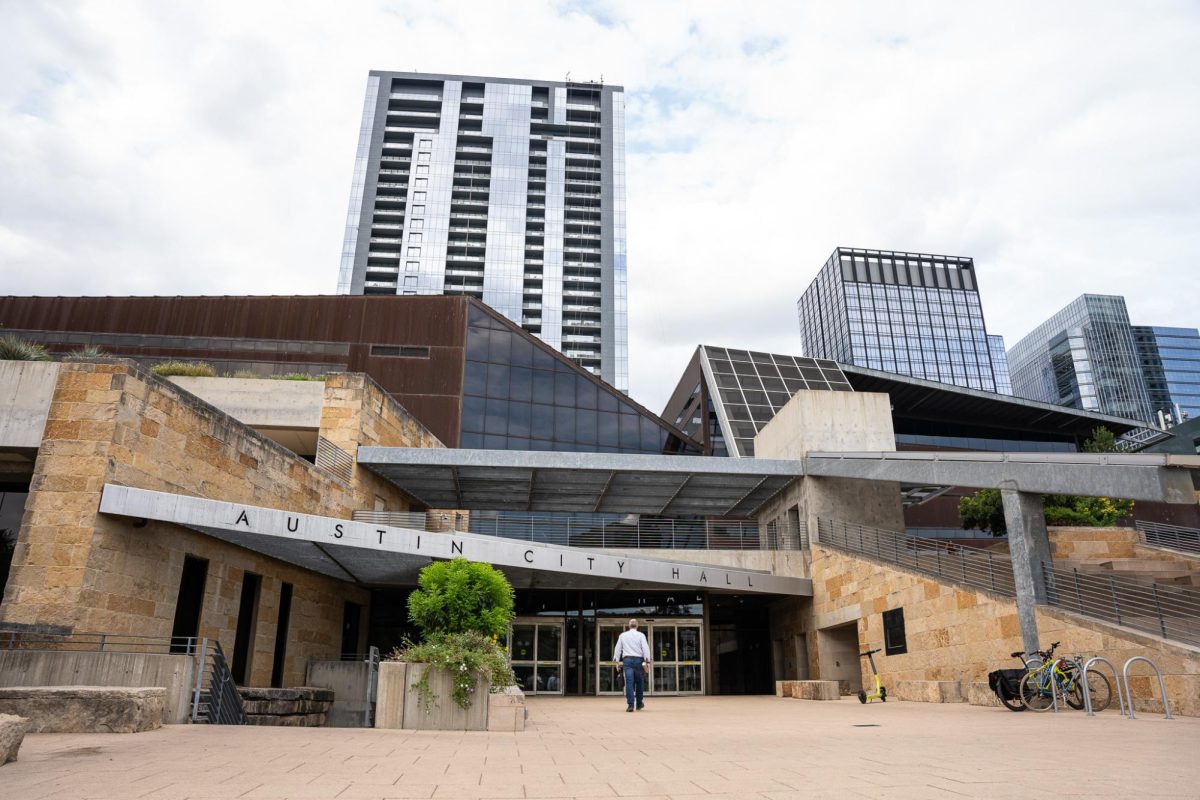The Austin City Council approved an agreement with Austin Public Health on March 6 to distribute around $150,000 each to two nonprofits providing mental health care to LGBTQ+ youth in Austin and Travis County.
Austin Public Health selected LifeWorks and Out Youth to each receive approximately $51,000 from April 1 to Sept. 30, with the remaining $102,000 to be distributed over the next year following approval of the 2026 city fiscal budget. The initial budget recommendation came from the city’s LGBTQ+ Quality of Life Advisory Commission, whose 2021 study demonstrated a need for LGBTQ+ mental health services.
Commissioner Brandon Wollerson said the study articulated the needs of the LGBTQ+ community in their own words. He said the findings “validated” what he and others knew to be true through their experiences as members of the community.
“The city had never undertaken anything like this, to truly understand what the needs are from a data — from a quantitative and qualitative standpoint — what the needs are, or the needs were for the LGBTQ community,” Wollerson said.
The commission centers its work around those priorities, Wollerson said. He said it previously funded items including sexual health care, the study and ongoing mental health care.
As a social worker, Wollerson said he created his commission priorities through a public health lens. Part of this need for mental health care for LGBTQ+ populations came from the closure of community centers such as UT’s Gender and Sexuality Center.
“Just having the Gender and Sexuality Center on campus was something that supported the mental health of students,” said Nikki Hewett, a health and society senior. “The center bridged gaps between the Counseling and Mental Health Center and general therapy in Austin.”
Hewett, president of the Gender and Sexuality Collective, is completing their health and society honors thesis on the impact of the center’s closure on the mental health of LGBTQ+ students.
Prior to its closure, the center provided free mental health care to students, even having an LGBTQ+ liaison from the campus mental health center. Now, students have a hard time accessing mental health care, Hewett said.
“Even if someone’s supportive of LGBTQ people as a mental health provider, there may just be things they don’t know about,” Hewett said. “Having to continuously answer questions over and over again (can) be a bit draining.”
Wollerson, who was a graduate student at Steve Hicks School of Social Work when the University created the Gender and Sexuality Center, said the commission will continue to support the LGBTQ+ community.
“The impact of anti-LGBTQ legislation, in Texas and the country, and decisions that are being made at the university level … reinforces the need for safe spaces for people to gather, and the negative mental health outcomes due to legislation,” Wollerson said.
The city’s funding to support LGBTQ+ mental health is invaluable, said Laura La Fuente, the assistant director of the Health Equity and Community Engagement Division at Austin Public Health.
“I’m not sure you could ever put a dollar amount on how that would have changed somebody’s life,” La Fuente said. “There is a ripple effect when we’re changing or helping someone cope with difficult challenges that you can’t quite pinpoint how that will impact them over the course of their life.”
La Fuente said she hopes her division will continue to work toward the mission of promoting Austin’s health and well-being.
“These investments are demonstrating the impact that we want to have, that LGBTQ youth and young adults have the support they need in the community to be able to thrive,” La Fuente said.















